Premium Only Content
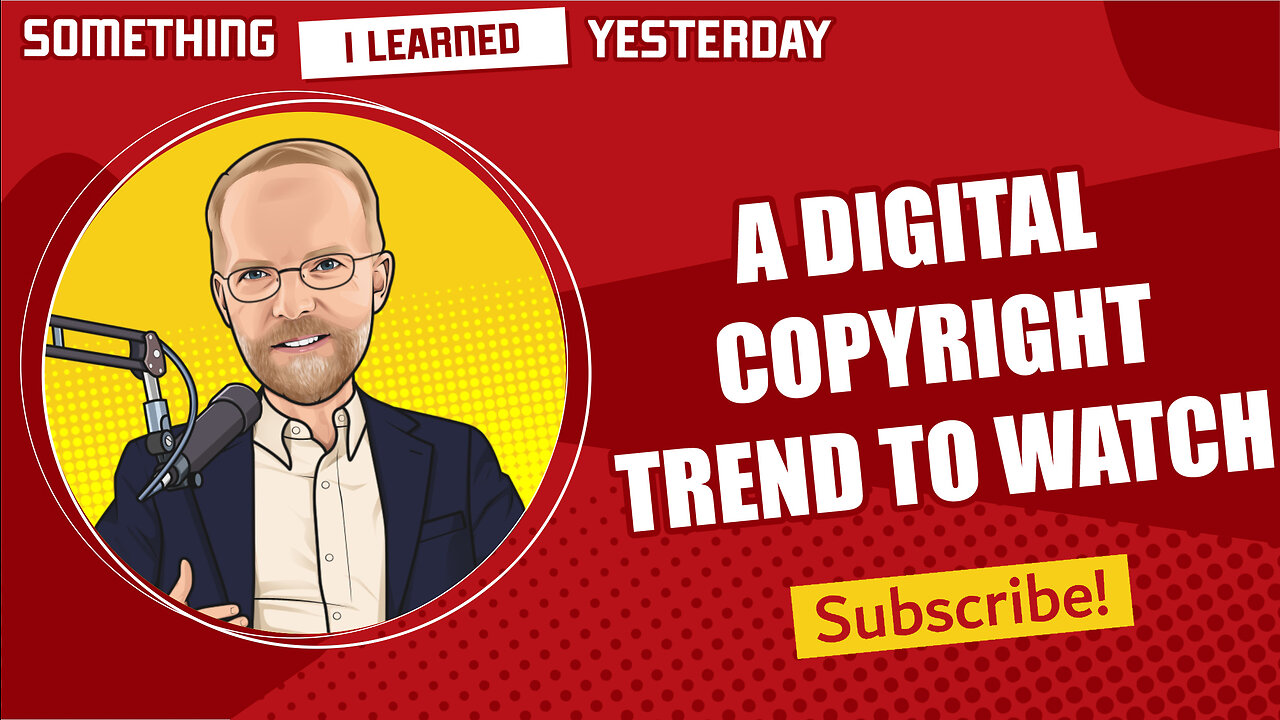
A copyright issue to keep an eye on
You used to buy Microsoft Office. Now you have to subscribe to it. Allegedly that’s so you can get updates, but we all know that’s not the reason.
Like so many other companies, software companies want to get in the subscription business because it’s a good business. Recurring revenue is great. Don’t sell razors, sell razor blades. Even refrigerators have a subscription component these days, with replaceable water filters. The one-time sale is out of fashion.
Along those lines, there’s something odd happening right now with books.
When you buy a book – a real book, in print – it’s yours. You can keep it forever. You can pass it down to your kids, or you can sell it or donate it. It’s a “one copy, one user” model.
Movies used to be that way. You could buy a movie on a DVD, and it was yours. Now, they’d rather sell you a streaming service – or, when you buy the movie, the digital copy lives permanently inside the vendor’s walled garden.
But what about eBooks? Is an eBook more like a physical book, or a movie, or a song? Once you buy it, is it yours? Can you loan it? Can you sell it?
To be consistent with the physical book model, most libraries have a limited number of copies of eBooks, and only allow patrons to borrow those copies. For example – and by the way, this is an oversimplification – if the library has 5 copies, only five people can check out the digital version at a time. The reality is that different publishers have slightly different rules about that, but the way I characterized it is close enough.
The “Internet Archive” (IA) is a very different animal. It scans printed books and makes a digital edition available to anybody. Most of those books are public domain, but many are not. The IA claims to only allow one person at a time to read the copyrighted books, but that claim fell apart in court. The IA was distributing more copies than it actually possessed.
During COVID, the Internet Archive turned off this one to one rule and loaned digital books freely.
Corporate publishers are, allegedly, pushing for the right to demand recurring payments for e-books, akin to digital movies or music. That doesn’t sound great, but it does make some sense in light of the fact that a physical book will wear out over time, and will need to be replaced, while a digital book will not.
This has all gone to the courts, and four major publishers aim to redefine e-books as rental-only media, limiting what libraries can do with them.
This raises some interesting questions for publishers – even those who don’t sell books.
For example, if only current subscribers have access to the archive, does the subscriber have the right to download works, which they can presumably access after their subscription has ended.
To put it more generally, “the digital edition” is a different sort of a thing than a printed work, and publishers might want to reconsider their pricing and terms and conditions in light of those differences.
Now – to answer the question from my opening – which is an allusion to Alice in Wonderland, of course – “The Raven” is a work by Edgar Allen Poe, and it’s similar to a writing desk in that a printed copy of the raven is a physical object just like a writing desk.
Resources
A Book Is a Book Is a Book—Except When It’s an e-Book
https://www.thenation.com/article/culture/internet-archive-lawsuit-libraries-books/
Hachette Book Grp. v. Internet Archive
https://casetext.com/case/hachette-book-grp-v-internet-archive-5
-
 3:09:50
3:09:50
SOLTEKGG
4 hours ago🔴LIVE - Battlefield 6 - Going Pro in RED SEC
24.9K1 -
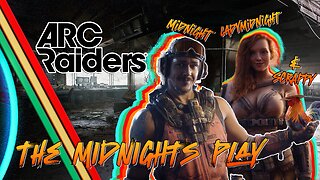 5:19:03
5:19:03
Midnight In The Mountains™
5 hours agoThe Midnights Play Arc Raiders | Loot Scoot and KILL | Crypto Wallet up n running GO JOIN THE BETA!
20.5K3 -
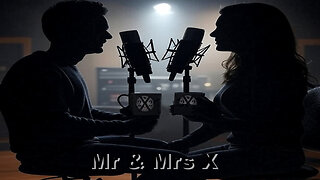 53:25
53:25
X22 Report
7 hours agoMr & Mrs X - Trump Is Using The Same Tactic As Our Founding Fathers To Rebuild America - EP 17
96.1K33 -
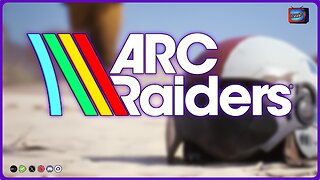 3:15:31
3:15:31
PudgeTV
4 hours ago🟣 Arc Raiders - Gaming on Rumble | Going Topside w My Daughter’s Husband
16.8K1 -
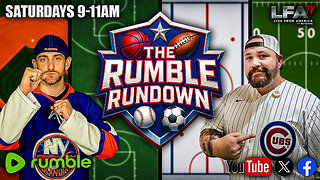 2:05:43
2:05:43
LFA TV
23 hours agoRUMBLE RUNDOWN WEEK 7 with SHAWN FARASH 11.22.25 9AM
150K11 -
 3:23:01
3:23:01
ttvglamourx
4 hours ago $1.75 earnedGLAMOURX VS CALL OF DUTY LOBBIES !DISCORD
20.3K3 -
 DVR
DVR
DannyStreams
6 hours agoSaturday Morning Tarky
16.2K -
 1:12:53
1:12:53
Wendy Bell Radio
10 hours agoPet Talk With The Pet Doc
34.5K22 -
![FF7 Remake | Materia Hunting at its finest! [part 4]](https://1a-1791.com/video/fww1/54/s8/1/s/f/d/C/sfdCz.0kob-small--DAY-CATCHY-SAYING.jpg) 4:13:05
4:13:05
CHiLi XDD
4 hours agoFF7 Remake | Materia Hunting at its finest! [part 4]
10.8K -
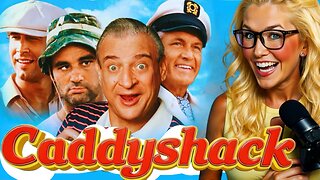 33:49
33:49
SouthernbelleReacts
23 hours ago $1.84 earnedNOT THE GOPHER 😭🤣 | First Time Watching Caddyshack
17.9K4